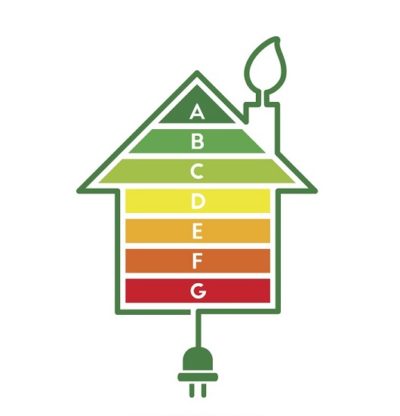
Short Read:
- Change in law from 1 April 2020: If you are letting a property and the tenancy started before 1st April 2018 and will run until at least 1st April 2020, you will have until 1st April 2020 to improve the property or register an exemption.
- There is no upper or lower limit on the length of lease term: the MEES Regulations may apply to high value residential leases granted at a premium and for a long term.
- Begin preparing to improve the property to an “E” rating or above if you wish to grant a new tenancy or renew an existing tenancy before the 1st April 2020
- MEES can be a complex subject: obtain legal advice on any current tenancies you have in place and know your property’s energy rating before granting any new tenancies.
Long Read:
Residential landlords will be aware that the Minimum Energy Efficiency Standard Regulations (MEES Regulations) came into force on 1 April 2018 with the aim of encouraging landlords of residential and commercial property to improve the energy efficiency of their properties. The MEES Regulations include provisions preventing the grant of new leases and the continuation of existing leases of properties with an Energy Performance Certificate (EPC) rating of below E.
However, from 1 April 2020 Minimum Energy Efficiency Standards (MEES) will apply to ALL residential properties let on “relevant tenancies”. This means that it will be illegal for a landlord to rent a privately rented residential property with an EPC rating of “F” or “G”. This is a full three years before a similar provision will apply to commercial properties.
Continuing to let a property which is below the Minimum Energy Efficiency Standards after 1 April 2020 is unlawful, even if the tenancy was granted many years ago. If you are letting a property and the tenancy started before 1st April 2018 and will run until at least 1st April 2020, you will have until 1st April 2020 to improve the property or register an exemption. If you are letting a property and the tenancy started before 1st April 2018 but you plan to enter into a new tenancy before 1st April 2020 you will now be caught under the new regulations.
The local authority may impose a fine of up to £5,000 per property per breach on the landlord and details of the breach may be published on the publicly available PRS Exemptions Register. The terms of the tenancy will still remain enforceable between the landlord and the tenant.
The MEES Regulations apply to “domestic private rented property”; this includes properties let under an assured tenancy (including an assured shorthold tenancy) (AST), regulated tenancies and certain forms of agricultural tenancy, but excludes lettings by social landlords.
For a tenancy to be an AST, the rent must be within the AST thresholds (more than £250 p.a. (£1,000 p.a. if within London) and less than £100,000 p.a.), the tenant must be an individual or individuals (not a company) and must use the property as its only or principal residence. Lettings of residential property to corporate tenants, and lettings that do not fall within these rental thresholds are not, therefore, ASTs and the MEES Regulations will not apply.
There is no upper or lower limit on the length of lease term for the application of the MEES Regulations to residential properties. Therefore, the MEES Regulations may apply to residential leases granted on payment of a premium and for a significant term, provided the criteria for an AST is met.
What steps should landlords be taking? Begin preparing to improve the property to an “E” rating or above if you wish to grant a new tenancy or renew an existing tenancy before the 1st April 2020. This also covers periodic tenancies, or rolling tenancies, which arise once the fixed term has ended, if the tenant is allowed to remain in occupation of the property on the same terms as originally entered into. Easy works that can be undertaken include installing low energy lightbulbs and loft insulation.
Since 1st April 2019, a cap has been in place for improvement works to a limit of £3,500.00 (inclusive of VAT). Therefore, if you are unable to raise the energy efficiency of your property to an “E” or above for less than £3,500 you will be required to carry out all measures up to the £3,500 cap and then register an exemption. These are limited exemptions and are set out on the gov.uk website. Grounds include the high cost of necessary improvements or the fact that, despite spending £3,500 on improvements, the property still falls below an E rating. An exemption may be applied for online and will be valid for only 5 years with the exception of the new landlord exemption (which applies for 6 months).
An exemption is personal to the landlord and will not transfer on a sale and any existing exemption will fall away once you have purchased the property. The new owner will need to take steps to improve the EPC rating or register its own new exemption within 6 months of the purchase.
MEES can be a complex subject so obtain legal advice on any current tenancies you have in place and ensure you know your property’s energy rating before granting any new tenancies.





